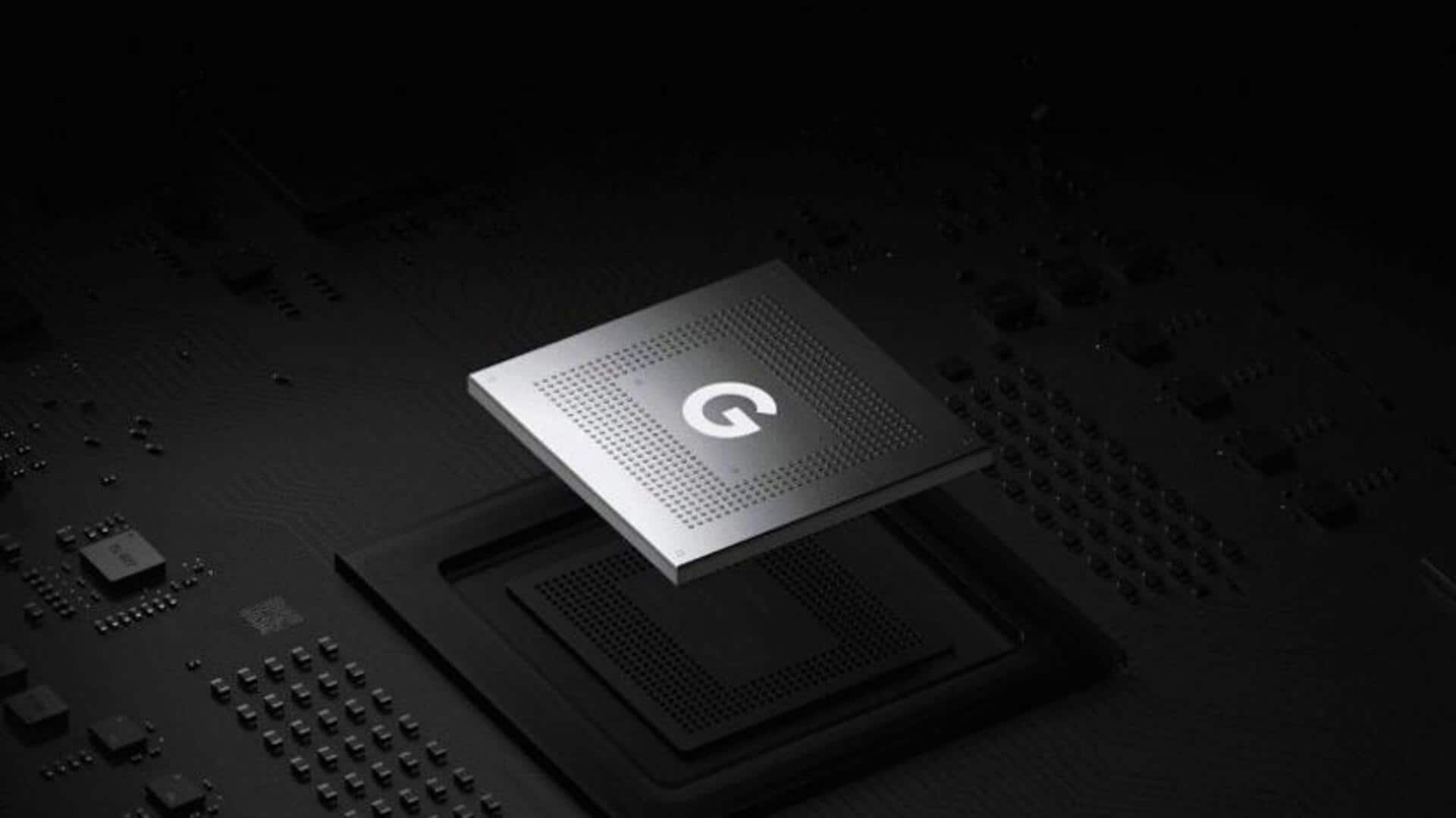
Google ditches Samsung, TSMC to manufacture next-gen Tensor chips
What's the story
Google is reportedly planning a significant shift in its semiconductor manufacturing strategy. The tech giant has previously relied on Samsung Foundry for the production of its all the Tensor chipsets. However, Google may now be considering Taiwan Semiconductor Manufacturing Company (TSMC) for the fabrication of its upcoming Tensor G5 and G6 processors, according to Business Korea.
Chip production
Tensor G5 to be used in Pixel 10 series
Google is likely to use the Tensor G5 chip in its Pixel 10 series smartphones, slated to debut in the third quarter of next year. The latest report states that the Tensor G5 will be manufactured using TSMC's advanced 3nm fabrication process, marking a departure from Google's previous reliance on Samsung for chip production.
Future collaboration
Continued partnership with TSMC for Tensor G6
The collaboration between Google and TSMC is set to continue beyond the Tensor G5. The same report indicates that Google will also entrust TSMC with the production of its Tensor G6 chip. This processor is slated for use in the Pixel 11 series smartphones and will be manufactured using an even more advanced 2nm fabrication process from TSMC.
Yield rates
Reason behind Google's shift to TSMC
The reason behind Google's decision to switch from Samsung Foundry to TSMC is reportedly due to concerns over yield rates. Sources suggest that Samsung's yield rate for 3nm chips is as low as 20%, while TSMC boasts a significantly higher yield rate of around 80% for the same chip size. This disparity in production efficiency could be a key factor influencing Google's strategic shift toward TSMC.
Business repercussions
Impact on Samsung Foundry's revenue and future
Google's decision to switch chip manufacturers could have significant implications for Samsung Foundry. The company is already facing potential revenue loss as rumors suggest that Samsung Electronics may replace its Exynos 2500 SoC with Qualcomm Snapdragon 8 Gen 4 for the Galaxy S25 series. With Google also moving away, this could further impact Samsung Foundry's revenue and profits, potentially affecting future developments.